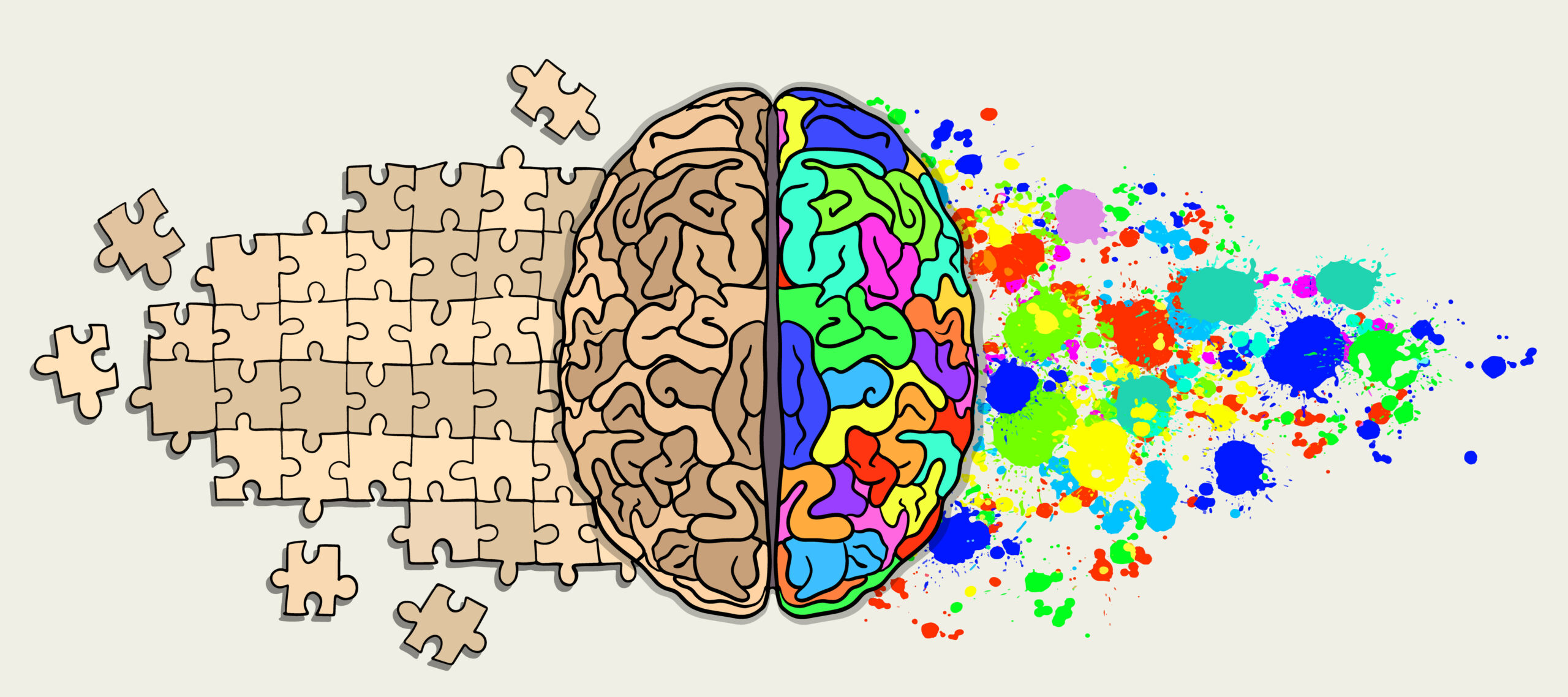Solving a quiz as a group while moving around in the room at the same time is the basis of a new tool that was designed to help prevent dementia which was developed and evaluated in the “gp4cognition” project. The system is already in use in some retirement homes, and a paper published in the Journal of Alzheimer’s Disease describes how effective training with the system is.
“In the project, we’ve developed a completely new system that can be used for dementia prevention training,” says Professor Boris Suchan from Ruhr University Bochum, Germany. “We were specifically interested in designing a tool for group training, as it produces very good results and increases acceptance. Also, all participants benefit and learn from each other.”
The program is designed for groups of 7-10 people, and it consists of 6 stations that are arranged around a room that are equipped with tablets displaying different tasks such as memorizing a series of numbers or planning a trip around the world to specific locations. To complete the tasks a participant must move to the relevant station and insert a baton that has been fitted with a microchip into a specific device. By doing this the system digitally records how long it took the participant to complete the task and if the answer was correct.
For this study, the system was tested with 30 participants between the ages of 60-89 years old who were diagnosed with mild cognitive impairment, which occurs in 15-20% of all people over the age of 60 years old, and they are at an increased risk for developing dementia at a later stage. The participants trained for 2 days a week for six weeks on the system, and according to the researchers, after finishing training 70% were no longer diagnosed with mild cognitive impairment.
“It’s already used in retirement homes, for example in Oberhausen — also for residents who have not yet been diagnosed with mild cognitive impairment,” says Boris Suchan, and offers an outlook: “In future, we’re also considering testing the system for people with acquired brain damage.”
For those without access to a go4cognition system, but still wish to take steps towards preventing dementia the researchers recommend staying physically active, following a healthy balanced diet, and doing mentally stimulating activities.
“All of this helps to prevent dementia or at least delay it for as long as possible,” says Suchan.
Cognitive Fitness Tips:
The brain is an amazing and mysterious organ, and it makes sense to do everything that you can to take care of it. Cognitive fitness-boosting activities stimulate and exercise your brain; this can be achieved in a variety of ways such as doing crossword puzzles, sudoku, reading, painting, learning a new skill, language or musical instrument, and continuing education among other brain-challenging activities. Intellectually challenging activities help to keep the brain agile by reinforcing the neural connections that are important to preserving memory.
Nurturing close bonds and staying connected with friends and family can also help to keep your brain active and help to protect cognitive function as you age. Staying connected also helps with mental health and reducing stress which are very important to cognitive fitness. Maintaining close social ties and participating in meaningful social activities may help to maintain cognitive skills later in life and slow down cognitive decline.
Perhaps one of the most overlooked factors in brain health is getting enough sleep. Sleep is important to a number of brain functions including how neurons communicate with each other. The brain is surprisingly active while you are sleeping, and studies suggest that sleep plays a role in consolidating memories, and in brain housekeeping that removes toxins that build up while you are awake.
-
As with anything you read on the internet, this article should not be construed as medical advice; please talk to your doctor or primary care provider before changing your wellness routine. This article is not intended to provide a medical diagnosis, recommendation, treatment, or endorsement. These statements have not been evaluated by the Food and Drug Administration.
Content may be edited for style and length.
References/Sources/Materials provided by:
T.W. at WHN
https://www.ruhr-uni-bochum.de/en
http://dx.doi.org/10.3233/JAD-230802
Cognitive Fitness: Exercising Your Brain | Worldhealth.net Anti-Aging News


